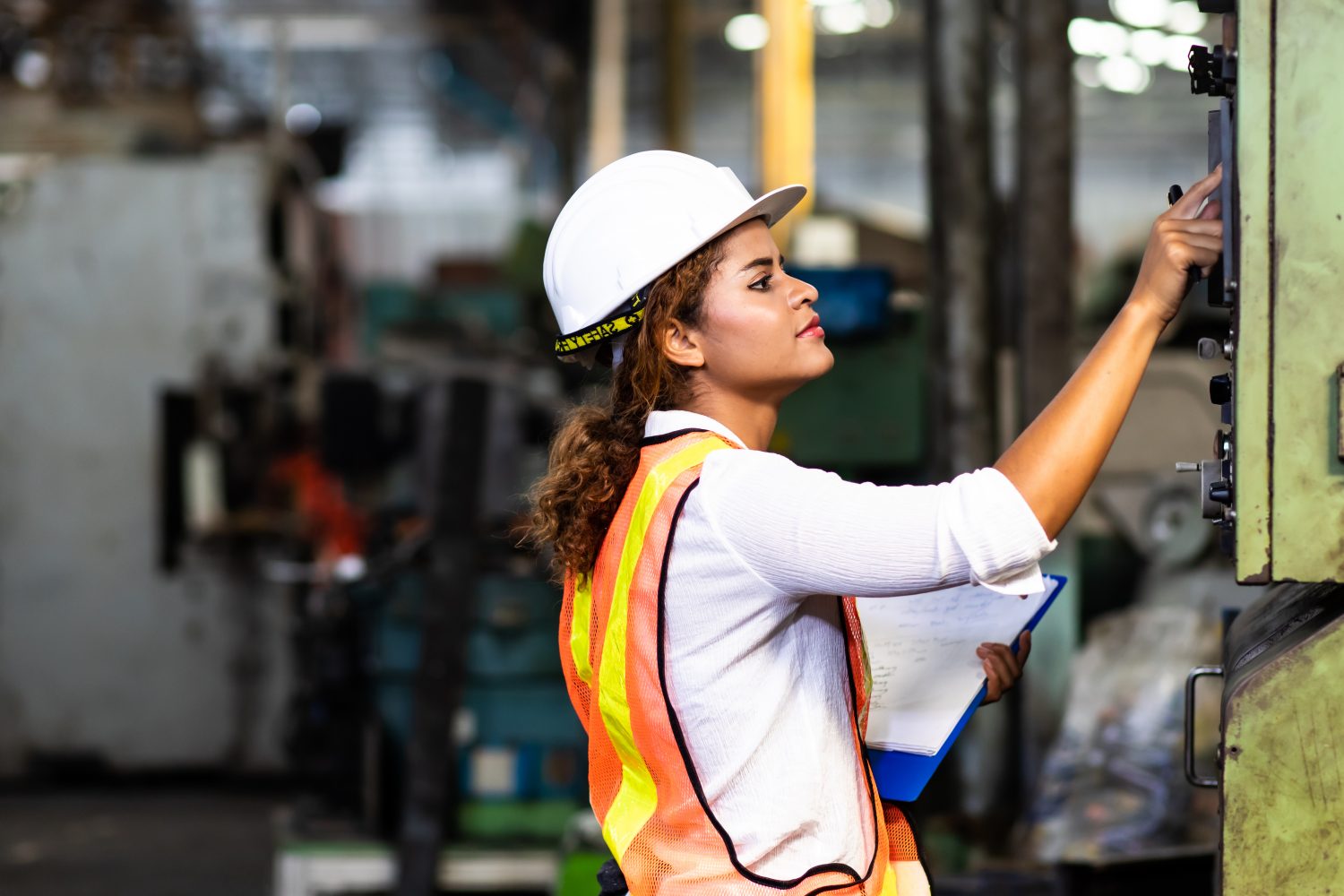

We’ve spent nearly two decades making everyday jobs in areas like teaching, nursing and retail more flexible – but the growth in inequality caused by the pandemic means it’s time to ramp things up. Our Fair Flexible Futures campaign aims to do just that.
By Emma Stewart, Development Director, Timewise

There’s been much discussion about how the pandemic has unleashed a new era of flexible working. And it’s certainly true that the shift in attitudes around what people can achieve when they work from home, and the opportunities that hybrid working can offer, are making it an exciting time for all of us who work in this field.
But it’s an inescapable fact that Covid-19 has also amplified inequalities. Women in low paid roles, many of whom work part time, have been particularly hit. And mothers have paid a heavier price compared to fathers, from juggling home schooling to being at higher risk of redundancy.
Many also work in sectors which have been decimated by the pandemic, such as retail or hospitality, and are now in more precarious employment, on furlough or have already lost their jobs. Left unchecked, there’s a risk that these inequalities will lead to a two-tier workplace, split into flex haves and have-nots.
So, what’s the solution for those who can’t work from home? What can we do to help those in everyday jobs, who we rely on, with little control over their schedules, who are completely missing out on this supposed workplace revolution? In short, how can we help the flex have-nots become flex haves? Part of the answer, we hope, is our new campaign for change: Fair Flexible Futures.
The lack of equal access to quality flexible working is hardly new, and it tends to affect people in low-paid, frontline, and shift-based roles the most. A core part of our work over the last sixteen years has been to widen this access, by working on two clear goals.
Firstly to make good jobs flexible – opening up more quality roles to flexible working, so that people who need to flex no longer have to compromise on pay or progression. And secondly, to make flexible jobs good, so that the flexibility on offer works for workers as well as employers, giving them some autonomy and control over how they work. Fundamentally, focusing on these two goals, means we can ensure that people who need to work flexibly have the same opportunities as everyone else.
In particular, our Innovation Unit was set up to test in more depth how to make flexible jobs good, as outlined in the Taylor Review into Good Work. IU projects research, design, and pilot innovative ways to deliver ‘two-way flexibility’ in more complex frontline industries; we then share what works to drive wider change at scale. As a result, we have a great deal of experience in helping employers in hard-to-flex organisations and industries redesign work and embed flexible working.
But although we’ve achieved a lot through this work, the flex have-nots need us to do more, more quickly, as the furlough scheme comes to an end and many more part time workers find themselves displaced from the labour market.
If we are serious about making sure that people who need flex to work are not left behind, we need to ramp up our efforts. Remote working should not be the shorthand for flexible working; we need to get more employers to commit to adopting fair flexible working practices for all those in frontline and everyday jobs, rather than just office workers. And we need to ensure that many more jobs are advertised as open to flexibility, so that flexible workers who have fallen out of work through the pandemic are not excluded from the post-Covid recovery.
Fair Flexible Futures sets out to achieve all this and more. It is a campaign for change, working towards a future workplace in which flexibility is available to all, and those who choose it have the same opportunities for progression and pay as their non-flexible peers. The campaign is built on a programme for action, with two clear goals:
Ambitious? Perhaps – but that’s the way we like it. We’ve already planned out the first year of the programme, which will see us delivering four key actions:
We will therefore be developing further industry and regional collaborations, particularly within sectors such as health and social care, working towards fair flexible working practices becoming the norm. We will also be publishing new economic modelling to evidence the return on investment, and so drive further government and industry investment into flexible job design. All of which will give workers more control over how their schedules and their lives, and help employers attract and retain skilled employees.
Our experience and expertise in flexible working means we’re the right people to lead this work – but we can’t do it alone. We need support and momentum from influencers across a range of systems and sectors, from local and regional government members to industry and trade bodies, unions and recruiters. And we’re keen to work with employment providers and employers who share our vision for a better, fairer workplace.
If that sounds like you, here’s how you can get involved:
It would be great to explore with you the best way to bring you in, so send us an email at info@timewise.co.uk and we can arrange a time to speak.